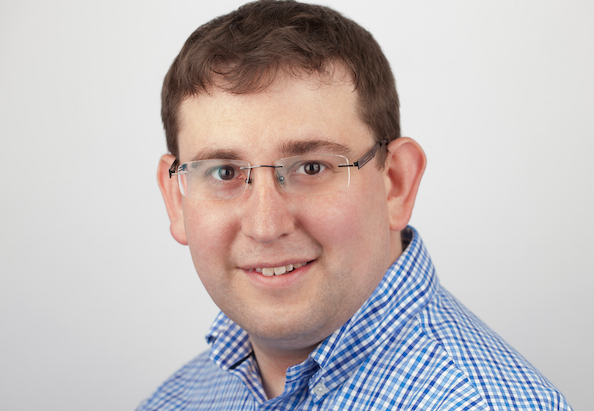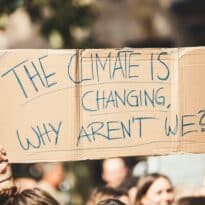Dan Atkinson, head of Technical at Paradigm Norton asks: What does it mean to be wealthy? And, how does that affect the paraplanning role?
If you ask Google the top two definitions of wealth (as supplied by Oxford Languages) are (1) an abundance of valuable possessions or money and (2) a plentiful supply of a particular desirable thing. Interestingly if you hit the ‘translations and more definitions’ button a further definition appears – well-being.
What is money for?
I think to get a proper appreciation of wealth we need to dial back to the purpose of money. At the root money exists as a way of transferring value. We convert the sweat of our brow into money and then use that to buy things (goods and services). If we went into the supermarket and tried to swap sweat for sausages I doubt that would go well! It also acts as a way of storing value to buy things in the future.
So, if we think about it wealth might be a pile of money, but it’s really about opening up future options. Hold that thought.
Does money = happiness?
It’s been said that money can’t buy happiness, but the answer isn’t quite as clear cut. If you are struggling to put bread on the table, then having more money would give you more happiness. However, if you have an extreme amount of money you might be anxious about how your children might spend money (https://www.apa.org/monitor/2012/07-08/money).
Some researchers have indeed found a link between happiness and having more money (https://onlinelibrary.wiley.com/doi/pdf/10.1111/j.1751-9004.2008.00140.x). However it’s not a given that making more money always results in more happiness (https://li.com/reports/the-commission-on-wellbeing-and-policy/). It’s more about how you spend it.
In September 2020 the Harvard Business Review published an article entitled ‘Does More Money Really Make Us More Happy? https://hbr.org/2020/09/does-more-money-really-makes-us-more-happy They set out three ways of spending to maximise happiness.
- Spend on experiences, not things. After a year of COVID-19 restrictions I can certainly identify with this! I’m looking forward to seeing people in person rather than on a video call and spending quality time with friends and family. That said I do like my shiny new tech – we don’t have to be perfect!
- Buy time. We only have a finite amount of time to do things. So, we need to prioritise how we spend our time. Paying someone else to do a task (or getting a technology solution) frees up your time to spend with others or do more meaningful things. It’s why we might pay to have our takeaway delivered rather than spend time driving there to pick it up.
- Invest in others. At one level this could mean philanthropy, but what they are really getting at is genuine generosity. There’s plenty of research showing the link here https://worldhappiness.report/ed/2019/happiness-and-prosocial-behavior-an-evaluation-of-the-evidence/. We get joy out of it when we give freely, feel connected to the recipient, and see the impact.
What does it mean to be truly wealthy?
I think we need to link these two ideas together. Having wealth gives you options about how, what, and when. But to maximise the fulfilment of the purpose of money we need to address what value we really want to exchange it for.
In his book, The Psychology of Money, Morgan Housel describes this as ‘the ability to wake up in the morning and say, “I can do whatever I want today.”’ True wealth is about having the resources to make that choice, to have that freedom.
What does this mean for paraplanners?
Most of the time we are dealing with making sure that financial resources are there, ready, and optimised for risk, return, and tax. This is important, but not because it results in the client having more money. This work is important because we are looking to maximise options to exchange it for real value.
When we write letters and reports let’s remember that the reason why is to enable the client to make life enhancing decisions as a result of having the financial resources at their disposal. It provides a different perspective and impetus to the work we do. We help them achieve and maintain true wealth.
This article was first published in the June 2021 issue of Professional Paraplanner.






























